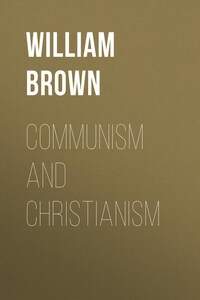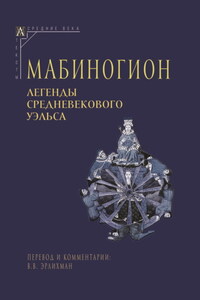Religion is the opium of the people. The suppression of religion as the happiness of the people is the revindication of its real happiness. The invitation to abandon illusions regarding its situation is an invitation to abandon a situation which has need of illusions. Criticism of religion is therefore the germ of a criticism of the vale of tears, of which religion is the holy aspect.
– Marx.
Not only, indeed, is the struggle against religion intellectually useful, but it cannot conscientiously be avoided, for religion is used against the Socialist movement by the possessing class in every country.
But to abolish religion is not to abolish exploitation, because only one of the enemy's guns will have been silenced. The workers have, above all, to dislodge the capitalist class from power. The religious question, and indeed all else, is secondary to this.
The test of admission to a Socialist Party must be neither more nor less than acceptance of the following seven working principles and the policy of Socialism as a class movement:
1. Society as at present constituted is based upon the ownership of the means of living (i. e., land, factories, railways, etc.) by the capitalist or master class, and the consequent enslavement of the working class, by whose labor alone wealth is produced.
2. In society, therefore, there is an antagonism of interests, manifesting itself as a class struggle, between those who possess but do not produce and those who produce but do not possess.
3. This antagonism can be abolished only by the emancipation of the working class from the domination of the master class by the conversion into the common property of society of the means of production and distribution, and their democratic control by the whole people.
4. As in the order of social evolution the working class is the last to achieve its freedom, the emancipation of the working class will involve the emancipation of all mankind without distinction of race or sex.
5. This emancipation must be the work of the working class itself.
6. As the machinery of capitalist government, including the armed forces of the nation, conserves the monopoly by the capitalist class of the wealth taken from the workers, the working class must organize consciously and politically for acquiring the powers of government, national and local, in order that this machinery, including these forces, may be converted from an instrument of oppression into the agent of emancipation and the overthrow of privilege, aristocratic and plutocratic.2
7. As all political parties are but the expression of class interests, and as the interest of the working class is diametrically opposed to the interests of all sections of the master-class, the party seeking working-class emancipation must be hostile to every other party.
If a man supports the church, or in any respect allows religious ideas to stand in the way of the foregoing seven essential principles of socialism or the activity of a Party, he proves thereby that he does not accept Socialism as fundamentally true and of the first importance, and his place is outside.
No man can be consistently both a Socialist and a Christian. It must be either the socialist or the religious principle that is supreme, for the attempt to couple them equally betrays charlatanism or lack of thought. There is, therefore, no need for a specifically anti-religious test.
So surely does the acceptance of Socialism lead to the exclusion of the supernatural, that the Socialist has little need for such terms as Atheist, Free-thinker, or even Materialist; for the word Socialist, rightly understood, implies one who, on all such questions, takes his stand on positive science, explaining all things by purely natural causation, Socialism being not merely a politico-economic creed, but also an integral part of a consistent world philosophy.
So long as the anarchy of modern competitive society exists, the accompanying obscurity and confusion in social life will continue to shelter superstition. This point is illustrated in the following reference by Marx to the United States:
When we see in the very country of complete political emancipation not only that religion exists, but retains its vigour, there is no need, I hope, for other proofs in order to show that the existence of religion is not incompatible with the full political maturity of the State. But if religion exists it is because of a defective social organization, of which it is necessary to seek the cause in the very essence of the State.
Class domination is the essence of the modern State. It is based on competitive anarchy and parasitism – the evidences of a defective social organization. It still leaves room for religion, because it maintains ignorance and confusion by its structure and contradictions, and because religion is fostered as a handmaiden of class rule.








